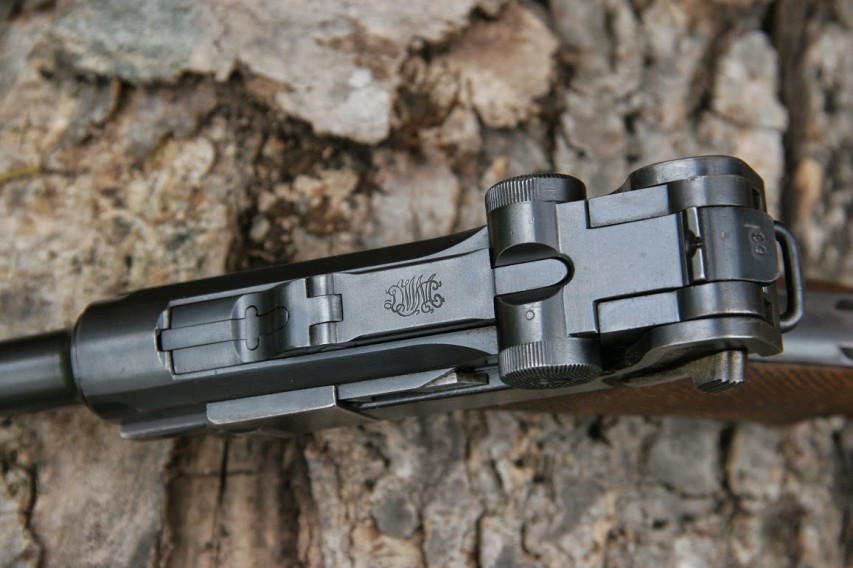Last week, Tam saluted John Moses Browning on the occasion of his birthday, and celebrated the problem he solved:
So, the problem with a self-loading pistol is keeping the action closed until the bullet has left the muzzle and pressure in the chamber has dropped low enough that the brass case will be ejected neatly, as opposed to being transformed into a spray of shrapnel in the shooter’s face.
Early autopistols relied on complex mechanical setups, like the well-known Borchardt/Luger mechanism derived from Maxim’s toggle joint, to provide mechanical disadvantage against which the recoil had to work.
It would not shock me to learn that the two main parts of that toggle required more separate machining steps than an entire modern pistol slide. Further, the entire works were exposed to the great outdoors. Friend Marko once jokingly called it “The perfect handgun for a gunfight in a computer clean room.”
So, what are our choices to hold the breech closed for that crucial fraction of a second? Well, there’s spring pressure, but you can only add so much of that before the action can’t be worked by human hands. You can also add weight to the breechblock.




